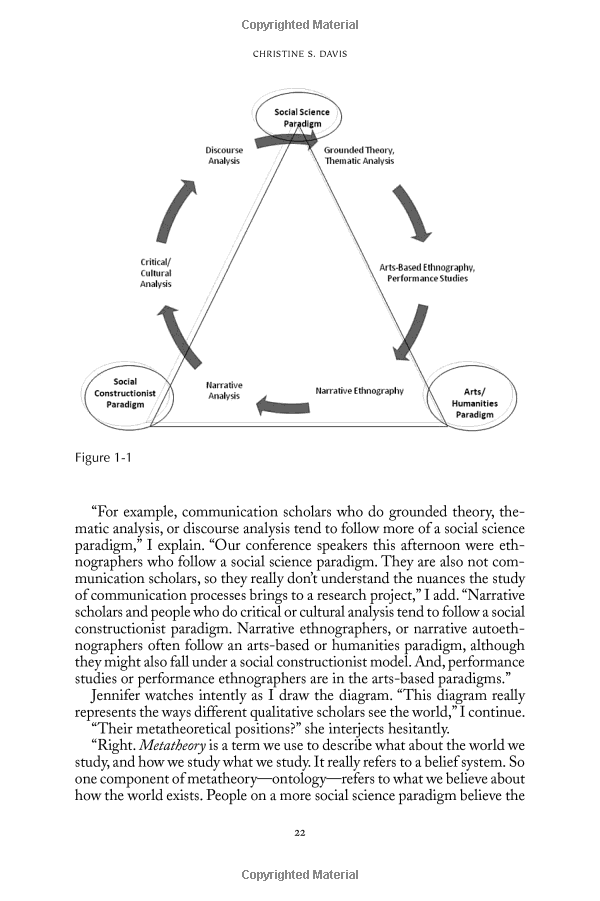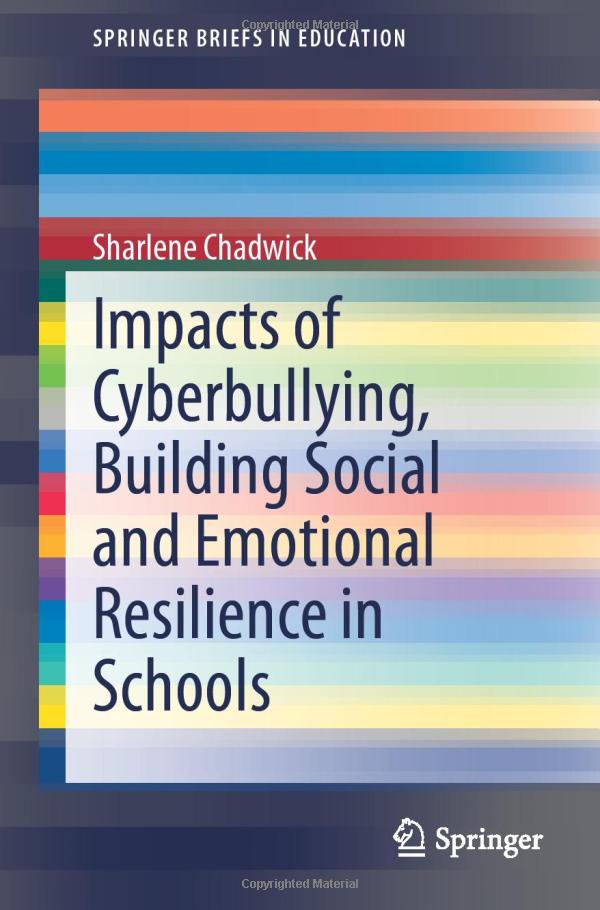Can Social Security Be Garnished for Student Loans? Discover the Truth Behind This Common Concern
When it comes to managing student loans, many borrowers are often left with a myriad of questions, especially regarding the potential consequences of defaul……
When it comes to managing student loans, many borrowers are often left with a myriad of questions, especially regarding the potential consequences of defaulting on their loans. One of the most pressing concerns is whether or not their Social Security benefits can be garnished to repay these debts. In this comprehensive guide, we will explore the question: Can Social Security Be Garnished for Student Loans? and provide you with the information you need to navigate this complex issue.
First and foremost, it is essential to clarify what garnishment means in this context. Garnishment is a legal process through which a creditor can collect a debt by taking a portion of a debtor's wages or bank account. In the case of student loans, this can be particularly concerning for those who rely on Social Security as their primary source of income.
The answer to the question Can Social Security Be Garnished for Student Loans? is a bit nuanced. Under federal law, Social Security benefits are generally protected from garnishment for most types of debts, including credit card debt and medical bills. However, there are exceptions, and student loans are one of those exceptions. If you default on your federal student loans, the government has the authority to garnish your Social Security benefits to collect the debt.

This means that if you have federal student loans and you fall behind on your payments, the Department of Education can take a portion of your Social Security benefits to satisfy your loan obligation. The maximum amount that can be garnished is 15% of your monthly benefits. This can be a significant financial burden for retirees or individuals with disabilities who rely solely on Social Security for their living expenses.
It is important to note that this garnishment process typically only applies to federal student loans. Private student loans may have different rules and regulations, and garnishment practices can vary by lender. Therefore, if you have private student loans, it is crucial to review your loan agreement and consult with your lender to understand your rights and responsibilities.

If you are facing the possibility of garnishment due to student loan default, there are options available to you. One of the first steps you can take is to contact your loan servicer to discuss your situation. They may be able to offer you alternative repayment plans, deferment, or even loan forgiveness options depending on your circumstances.
Additionally, if you are already experiencing garnishment of your Social Security benefits, you may have the right to challenge the garnishment or seek a reduction in the amount being taken. This process can be complex, so it may be beneficial to seek legal assistance or contact a financial advisor who specializes in student loans and debt management.

In summary, the question Can Social Security Be Garnished for Student Loans? is a critical one for many borrowers to understand. While Social Security benefits are generally protected from most garnishments, federal student loans are an exception. If you find yourself in a situation where your benefits are being garnished due to student loan default, it is crucial to explore your options and seek assistance to mitigate the financial impact. With the right information and support, you can navigate this challenging landscape and work towards a more secure financial future.